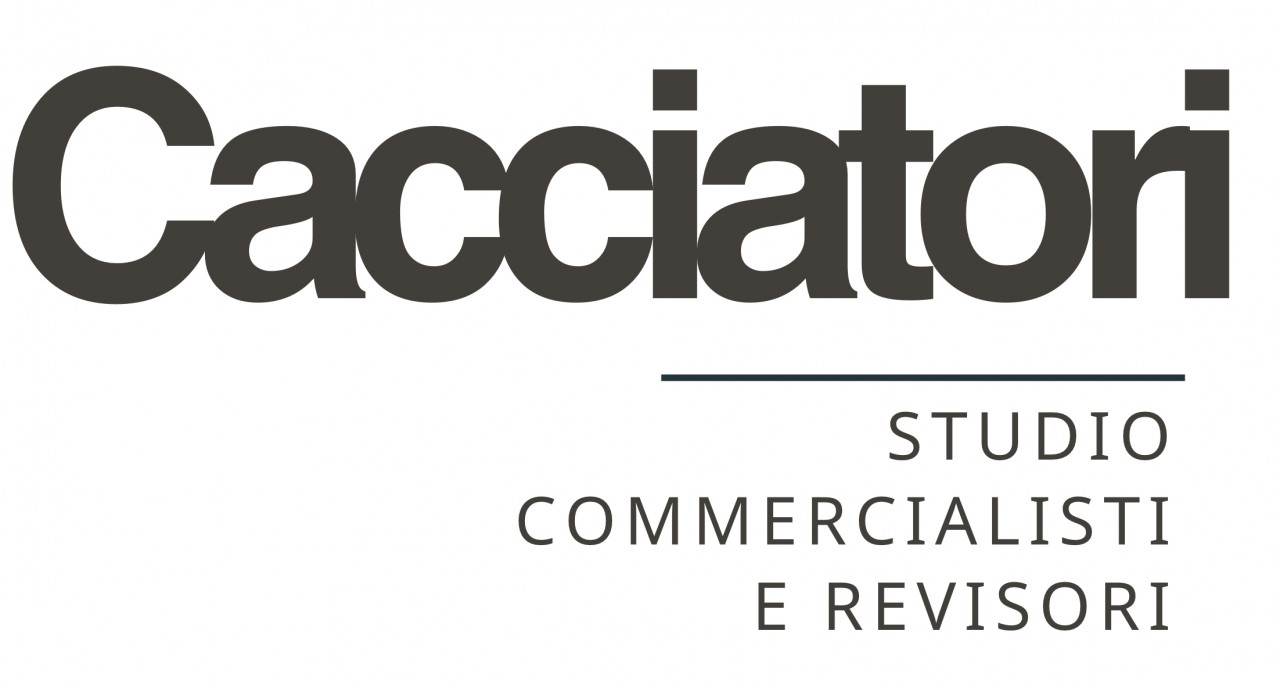Tax control framework
05/15/2025
A big for tax payer to settle fiscal risk
cooperating with local Tax Agency
The collaborative compliance regime, established by Legislative Decrees 128/2015 and 108/2024, facilitates an ongoing relationship with the Internal Revenue Service to manage tax risks. Initially directed at large enterprises, the framework is set to expand to encompass smaller businesses as well. This system entails taxpayers adopting a Tax Control Framework (TCF) to detect, measure, and manage tax risks effectively.
A recent directive, No. 5320 dated Jan. 10, 2025, provided guidelines for the implementation and maintenance of the TCF detection system by the tax authorities. The collaborative compliance regime is open to taxpayers earning revenues exceeding specific thresholds over defined years: 750 million euros from 2024, 500 million euros from 2026, and 100 million euros from 2028. This regime can also be extended to groups of companies under common control, provided one entity meets the revenue requirements.
For taxpayers not meeting the revenue thresholds for collaborative compliance, there is an option to voluntarily adopt the TCF by notifying the tax authorities. The collaborative compliance regime offers a structured approach for taxpayers to work collaboratively with the tax authorities in managing tax risks. By fulfilling the requirements and adopting the TCF, taxpayers can establish a proactive and systematic approach to tax compliance and risk management, enhancing transparency and cooperation between taxpayers and the tax authorities. The regime aims to foster a culture of tax compliance and risk prevention through partnership and mutual understanding among all stakeholders involved.
A recent directive, No. 5320 dated Jan. 10, 2025, provided guidelines for the implementation and maintenance of the TCF detection system by the tax authorities. The collaborative compliance regime is open to taxpayers earning revenues exceeding specific thresholds over defined years: 750 million euros from 2024, 500 million euros from 2026, and 100 million euros from 2028. This regime can also be extended to groups of companies under common control, provided one entity meets the revenue requirements.
For taxpayers not meeting the revenue thresholds for collaborative compliance, there is an option to voluntarily adopt the TCF by notifying the tax authorities. The collaborative compliance regime offers a structured approach for taxpayers to work collaboratively with the tax authorities in managing tax risks. By fulfilling the requirements and adopting the TCF, taxpayers can establish a proactive and systematic approach to tax compliance and risk management, enhancing transparency and cooperation between taxpayers and the tax authorities. The regime aims to foster a culture of tax compliance and risk prevention through partnership and mutual understanding among all stakeholders involved.
